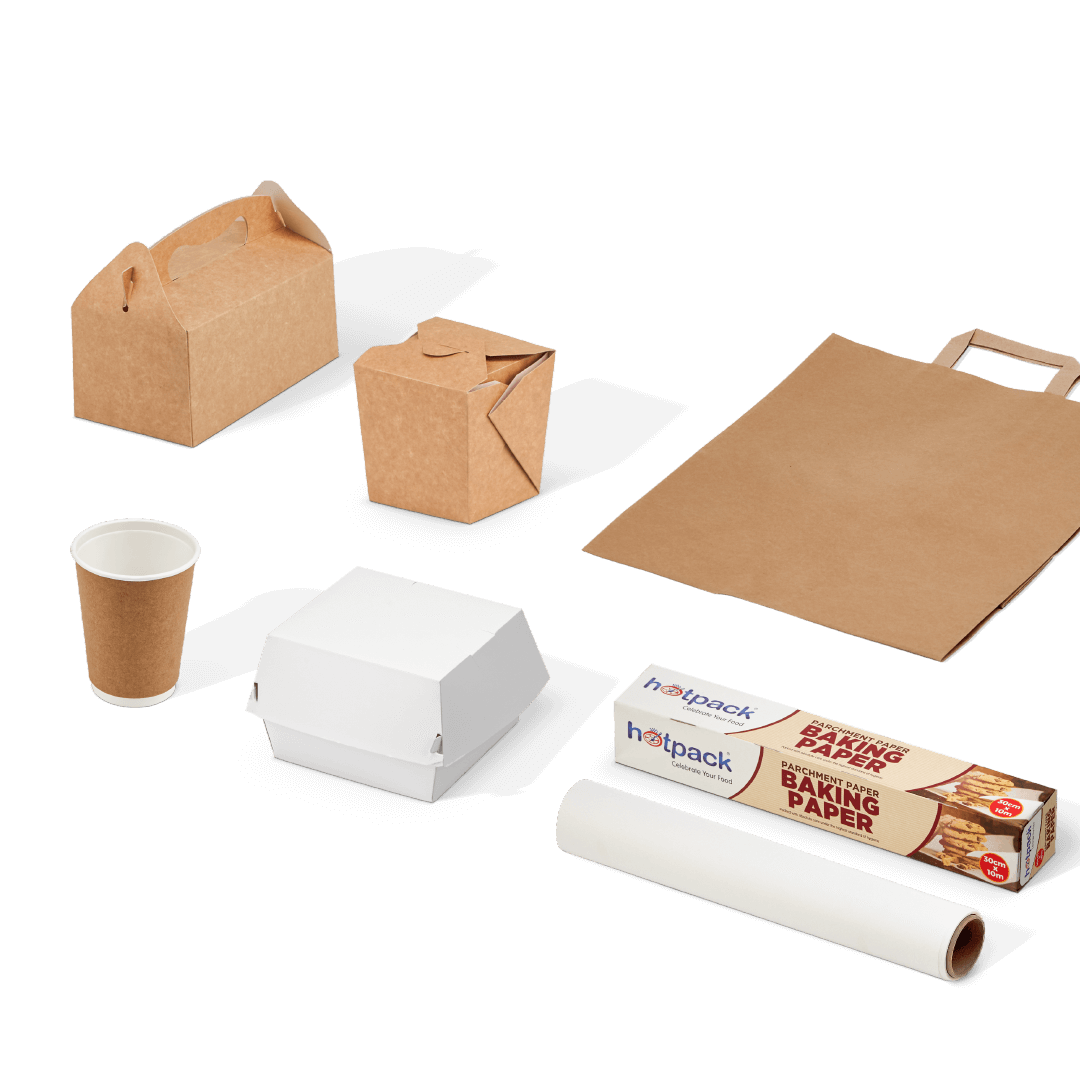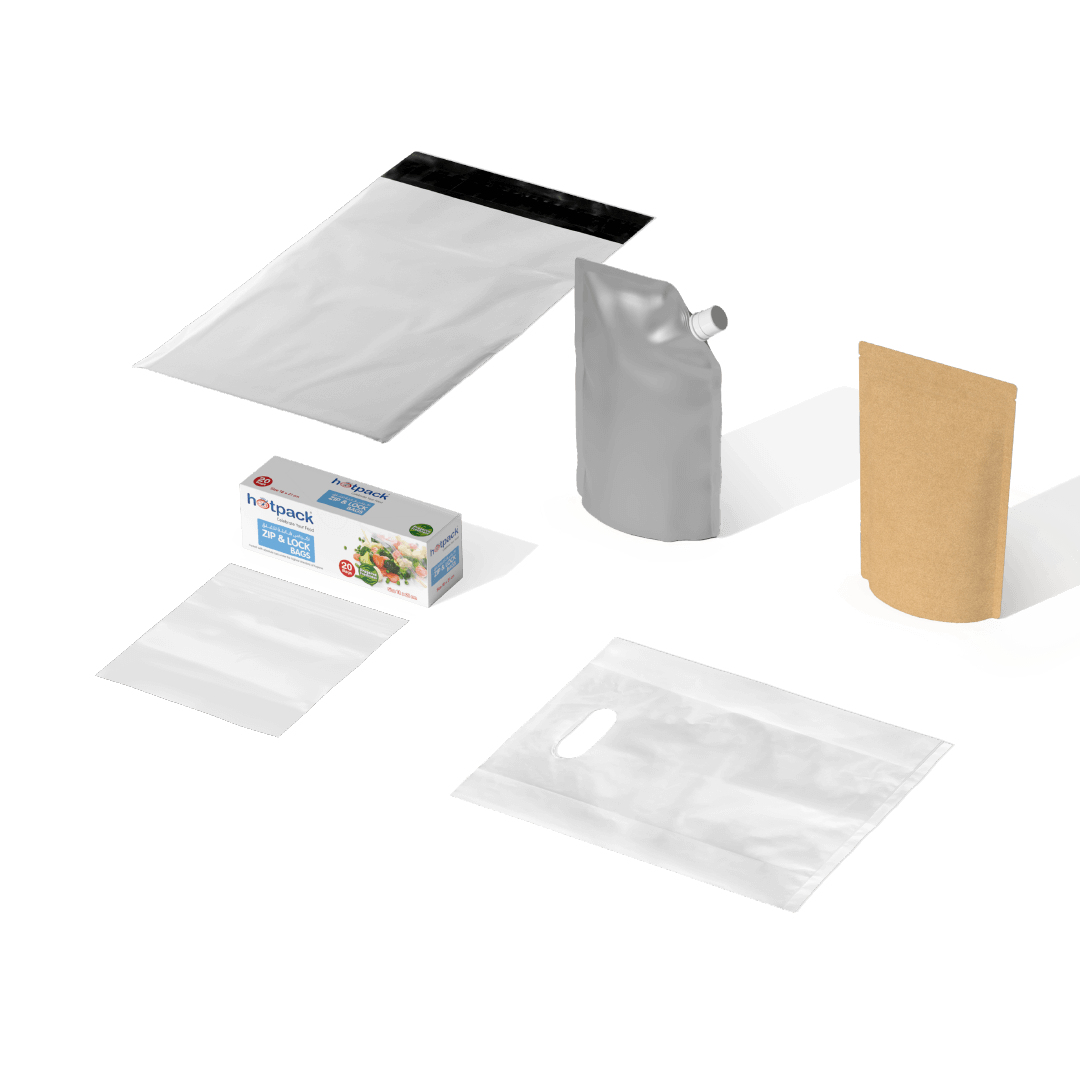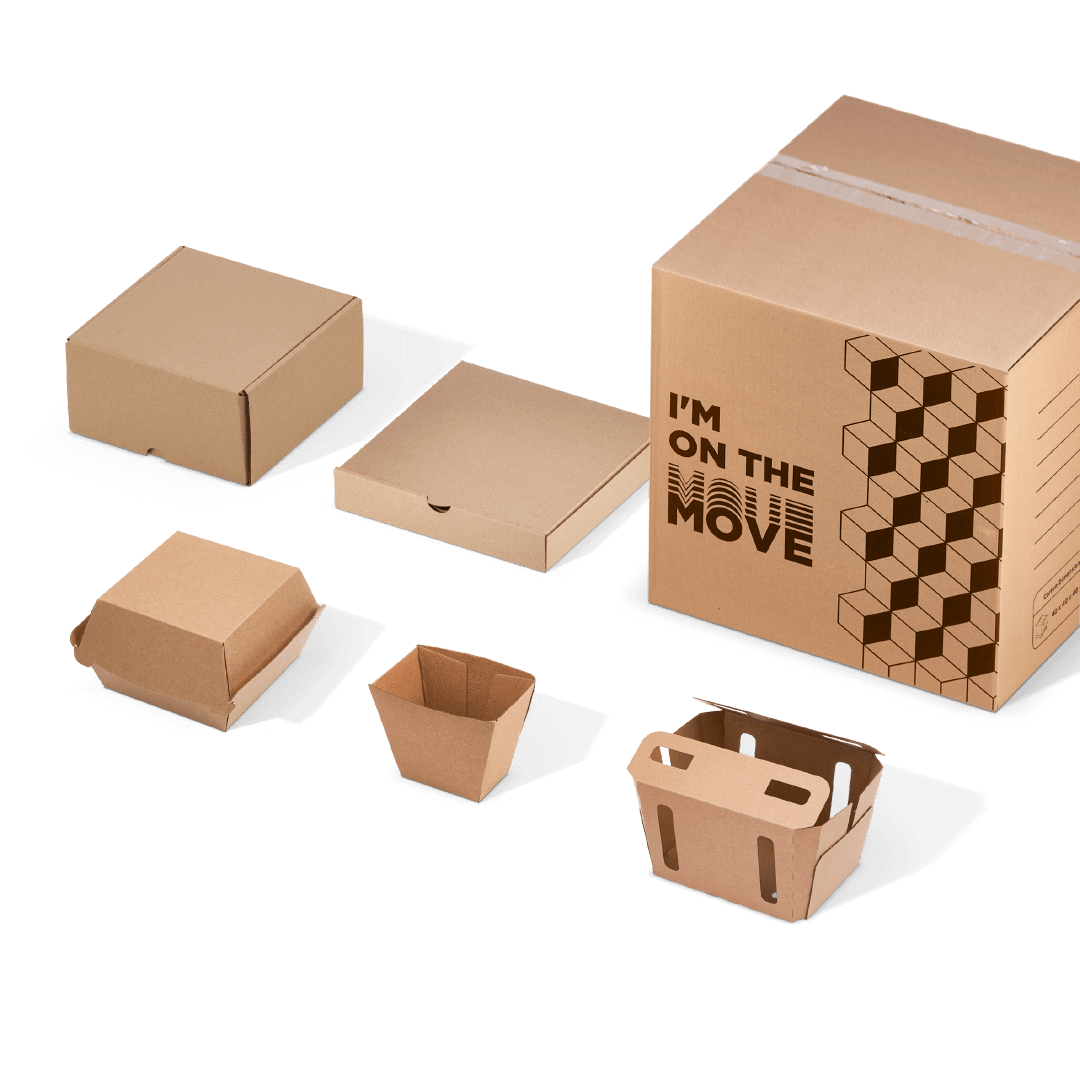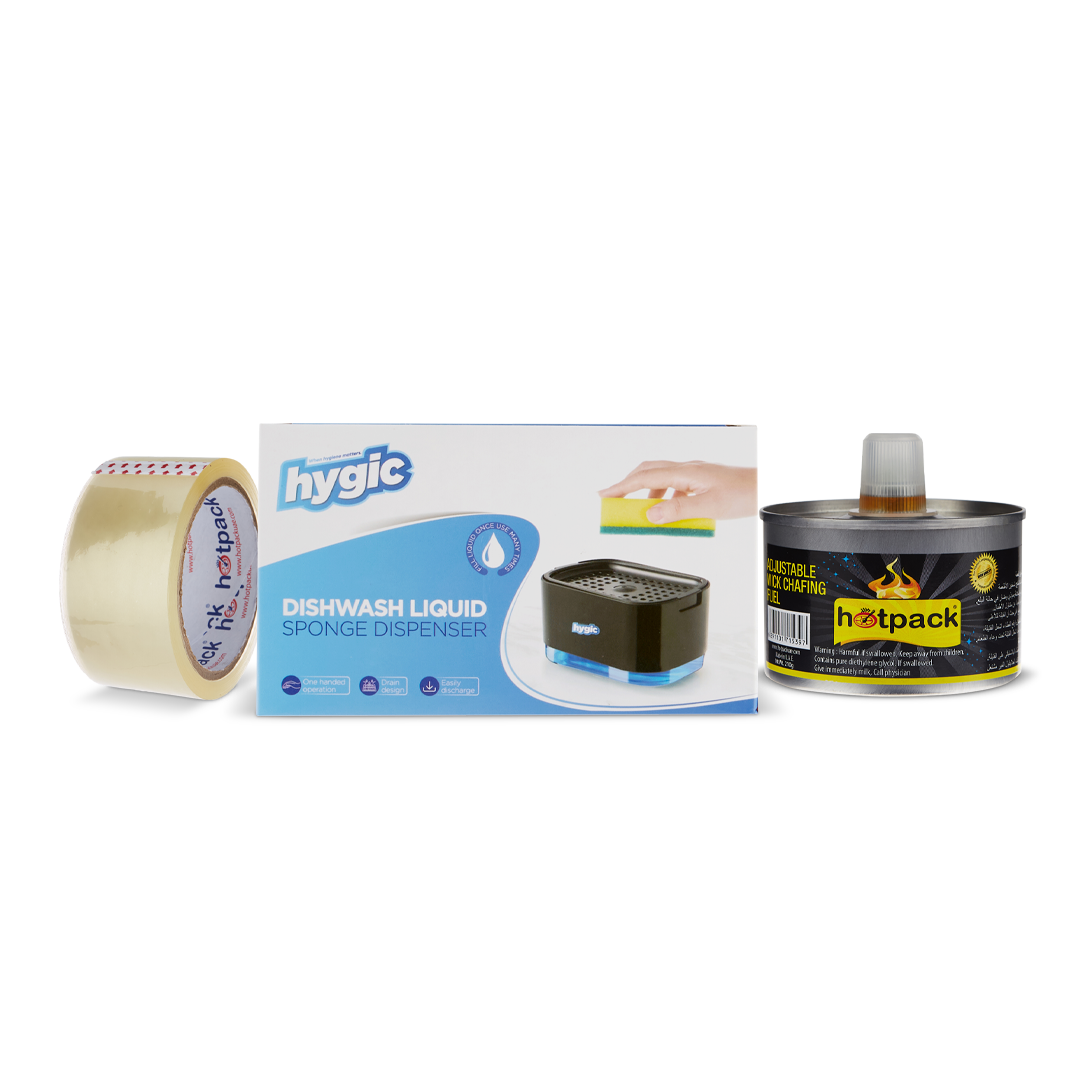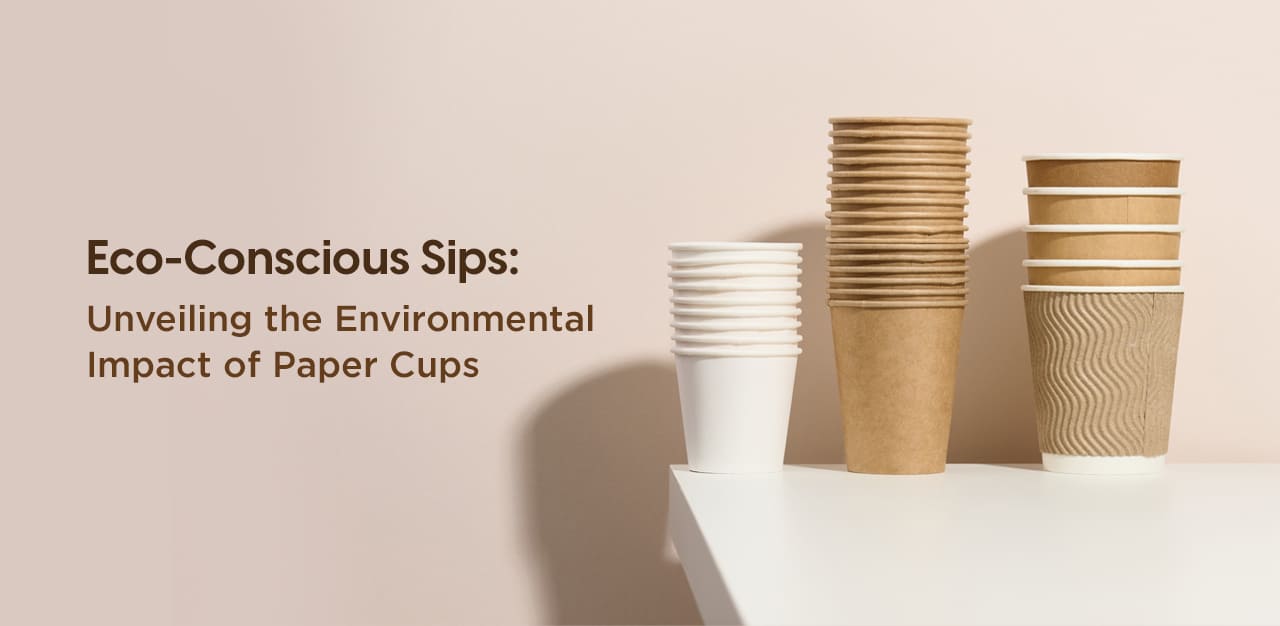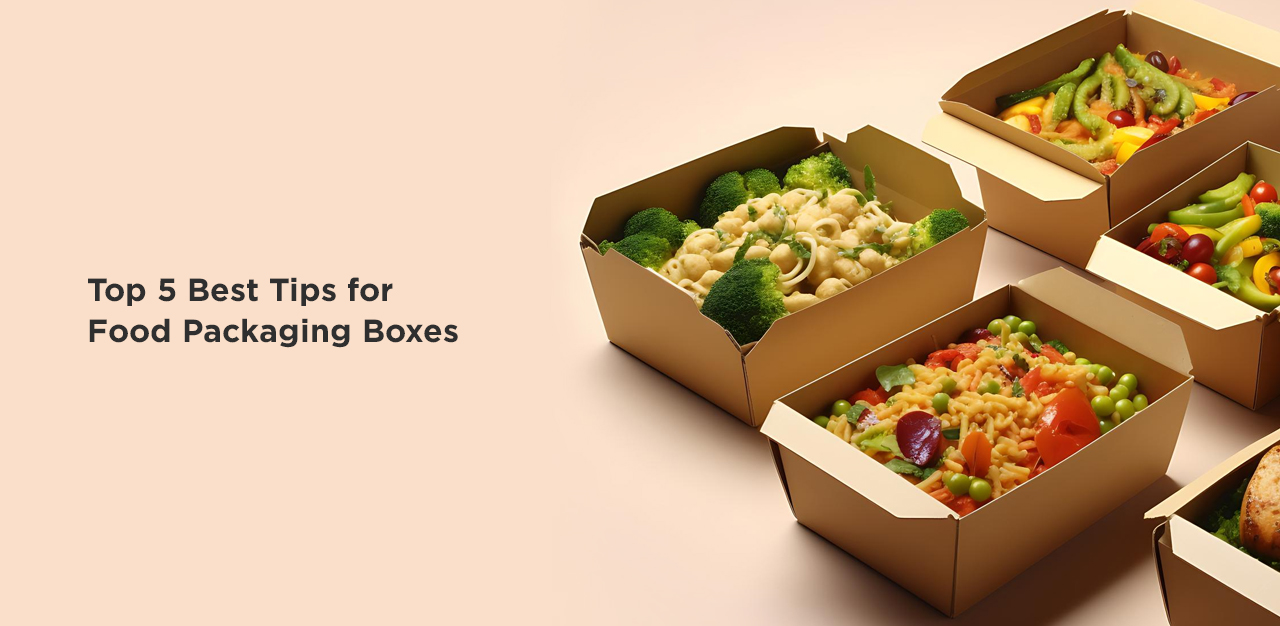In today’s world, where convenience often outweighs sustainability, it’s important to consider how our daily choices affect the environment. One particular choice that has garnered a lot of attention is the utilisation of paper cups in the beverage industry. Although paper cups provide convenience and portability, their production and disposal have an impact on our planet. In this article, we will explore the consequences to buy paper cups and using paper cups, discuss options and highlight ways in which both businesses and consumers can adopt eco-friendly drinking habits.
The problem with paper cups
At a glance, paper cups might appear harmless. But in fact, they significantly affect the ecosystem. The production of paper cups involves cutting down trees, which contributes to deforestation – a factor in climate change. Furthermore, the manufacturing process requires considerable amounts of water, energy and chemicals, putting strain on our planet’s resources. Moreover, most paper cups are coated with a layer of plastic to prevent leaks, making it difficult to recycle and destined for landfills or incineration.;
Environmental impact of paper cup production
To truly comprehend the impact of paper cups, including disposable coffee cups with lids and sleeves, we must first delve into their life cycle. It all begins with the sourcing of materials and trees, which unfortunately entails deforestation and the destruction of habitats. The manufacturing stage is then carried out involving the consumption of water and energy, thereby contributing to both water scarcity and greenhouse gas emissions. Furthermore, the chemicals used in this process can have an effect on both the environment and human health. Lastly, improper disposal during the end-of-life stage leads to pollution and an accumulation of waste.
Alternatives to paper cups
Fortunately, there are options when it comes to paper cups that can make a significant positive impact on the environment. One option is to use cups made from materials like glass, ceramic or stainless steel. These cups are reusable and last significantly longer. They also eliminate the need for disposable cups altogether. Another popular alternative is cups made from plant-based materials such as cornstarch or sugarcane. These cups naturally break down without leaving any residue. By embracing these alternatives, we can truly make a difference in reducing our carbon footprint.
Benefits of eco-friendly cups
Opting for cups offers numerous benefits that go beyond personal advantages and contribute to the well-being of our environment. One notable choice is using cups, which greatly reduces waste production and conserves resources in the long run. Moreover, these cups excel in maintaining the desired temperature of beverages for periods, thus enhancing the enjoyment of drinking.
On the other side, compostable cups provide a combination of convenience and environmental consciousness. Even though they are intended for one-time use, they offer an option that helps avoid the negative impacts associated with disposable cups. By embracing cups, we not only get to enjoy the convenience of disposability but also take an active role in reducing our landfill waste, thereby contributing to the promotion of a circular economy. These cups demonstrate the impact that eco-friendly choice can have on minimising our footprint.
Promoting sustainability in the beverage industry
The beverage industry, including options like buy paper cups online, holds power in driving the use of paper cups. To promote sustainability, companies in this sector can take steps. Implement environmentally friendly practices: These actions may include offering discounts or incentives to customers who bring their cups, investing in composting facilities to ensure proper disposal of biodegradable cups, and partnering with suppliers committed to sustainable sourcing and manufacturing methods.
By taking the lead in these initiatives, businesses not only demonstrate their dedication to conscious practices but also inspire others to follow suit. This has the potential to create a movement within the industry, resulting in an impact on the environment. These proactive measures highlight the role that the beverage industry can play in advancing sustainability and promoting a more responsible future.
How businesses can make a difference
As consumers, we have an impact on the choices that businesses make. By making decisions and taking action, we can encourage businesses to prioritise sustainability. This means supporting and choosing to patronise businesses that share our eco values and practices. We can also connect with these businesses through media platforms and customer feedback channels, encouraging them to adopt and expand their eco-initiatives.
By raising our voices and demanding change, we can work together to create a culture of consumption and guide businesses towards sustainable practices. This does not benefit the environment. Also fosters a sense of shared responsibility between consumers and businesses. As consumers, we hold the key to shaping a greener and more responsible future where sustainability takes the stage in business decision-making.
Consumer choices and the power of conscious sipping
Whenever we order a drink, we have a chance to make a decision that can contribute to creating a sustainable future. By choosing cups or compostable alternatives, we’re not just making a choice but also sending a strong signal to businesses that we prioritise sustainability as consumers.
Moreover, we can reduce our reliance on throwaway cups by taking our cups or mugs with us when we’re out and about. These minor changes in our habits can add up to make a significant difference together. When we lead by example with our choices, we inspire others to do the same and become part of the movement towards a future. These individual actions, when multiplied within communities and societies, have the power to bring about lasting and meaningful transformations, ensuring that responsible consumption and environmental stewardship become a legacy.
Conclusion
The impact that paper cups have on the environment cannot be overlooked. There are consequences, including deforestation, depletion of resources, pollution and the accumulation of waste. However, if we embrace alternatives, like cups and compostable options, we can make a difference in reducing this impact. Both businesses and consumers have a role to play in driving this change. By making choices and demanding options, we can work together to promote sustainability in the beverage industry and create a greener future.
To read the importance of buying paper cups online: Click Here

